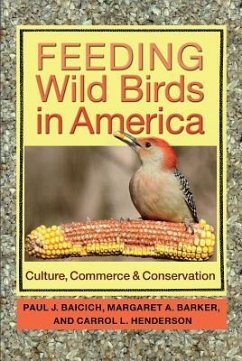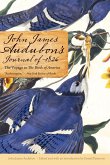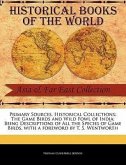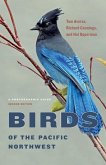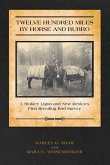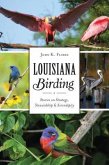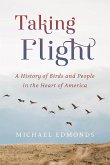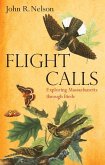Today, according to the US Fish and Wildlife Service, more than fifty million Americans feed birds around their homes, and over the last sixty years, billions of pounds of birdseed have filled millions of feeders in backyards everywhere. Feeding Wild Birds in America tells why and how a modest act of provision has become such a pervasive, popular, and often passionate aspect of people's lives. Each chapter provides details on one or more bird-feeding development or trend including the "discovery" of seeds, the invention of different kinds of feeders, and the creation of new companies. Also woven into the book are the worlds of education, publishing, commerce, professional ornithology, and citizen science, all of which have embraced bird feeding at different times and from different perspectives. The authors take a decade-by-decade approach starting in the late nineteenth century, providing a historical overview in each chapter before covering topical developments (such as hummingbird feeding and birdbaths). On the one hand, they show that the story of bird feeding is one of entrepreneurial invention; on the other hand, they reveal how Americans, through a seemingly simple practice, have come to value the natural world.

